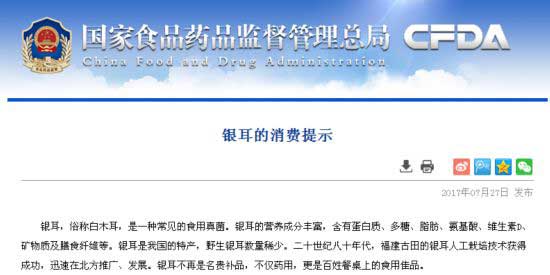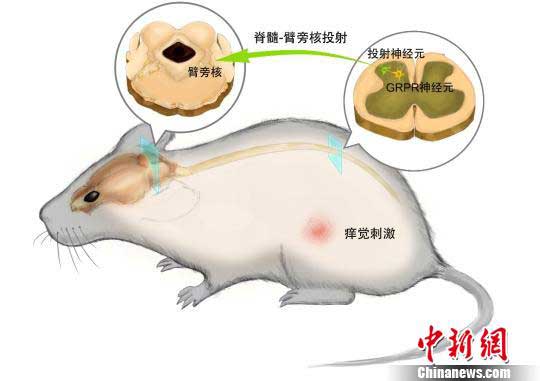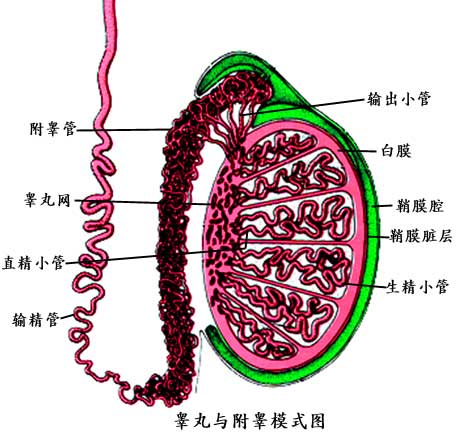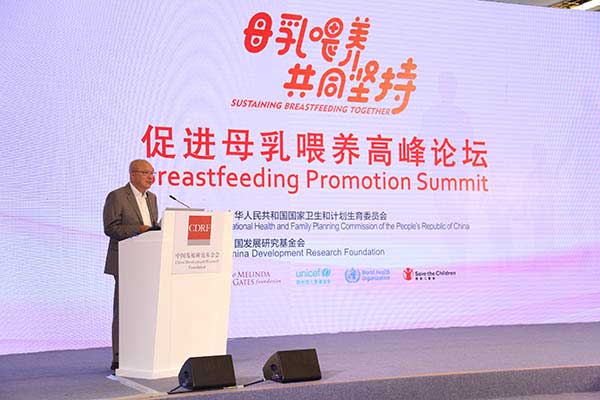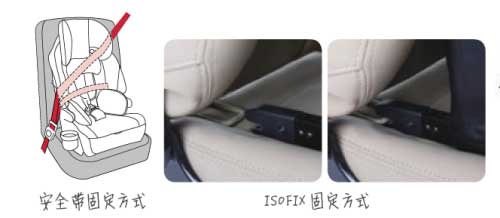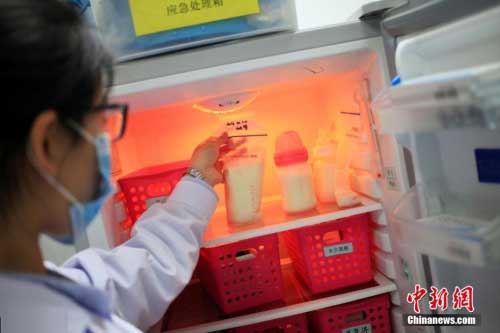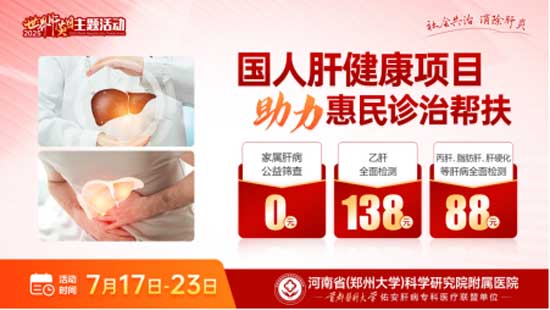γδt细胞识别人多发性骨髓瘤细胞xg-7膜热休克蛋白-70
中国免疫学杂志 1999年第4期第15卷 分子与细胞免疫学
作者:江晓丰 张学光 李新燕 吴士良
单位:苏州医学院免疫研究室,苏州215007
关键词:γδt细胞;热休克蛋白;肿瘤相关抗原;高效液相色谱层析仪
中国图书分类号 r392.12
摘 要 目的:探讨人多发性骨髓瘤细胞(mm)xg-7选择性激发扩增人外周血γδt细胞机制。方法:运用蛋白质分离纯化手段获取mm细胞xg-7膜蛋白组分,检查每一组分对γδt细胞的刺激效应,对其中的有效组分作western blotting等鉴定分析。结果:证实了其中一种为热休克蛋白-70的膜蛋白能选择性扩增人外周血的γδt细胞。结论:表达于人多发性骨髓瘤细胞xg-7细胞膜上的热休克蛋白-70多肽是γδt细胞所识别的配体之一。
the recognition by human γδt cells of hsp70 peptide derived from xg-7 multiple myloma cell line
jiang xiao-feng①,zhang xue-guang,li xin-yan et al.immunity research unit,suzhou medical college,suzhou 215007.①shanghai chest hospital,shanghai 200030
abstract objective:to elucidate the mechanism of γδt cell’s response to human multiple myloma(mm) cell line xg-7,and to develop a novel expansion system of γδt cell by using pbmcs stimulated with hsp70 peptide derived from xg-7.methods:the protein isolation and purification techniques were introduced.results:a protein which specifically stimulated γδt cells were extracted and purificated.furthermore,this effective protein was characterized as the hsp70 molecule by western blotting.based on the findings,successfully developed a novel culture system that selectively expanded γδt cells by using pbmcs stimulated with hps70-peptides.conclusion:the hsp70-peptide on xg-7cells may be one of the ligand for γδt cells.
key words γδt cell heat shock protein(hsp) tumor-associated antigen(taa) hplc
自发现γδt细胞以来,人们一直在寻找γδt细胞所识别的抗原配体,一些人类γδt细胞克隆能以mhc限制方式识别表达于肿瘤细胞上自身ig和白喉类毒素;而大多数γδt细胞则以非mhc限制性方式识别靶分子。早先的研究发现分枝杆菌及其抽提物能刺激人及小鼠的γδt细胞,一些与热休克蛋白60、65、70相关分子被证实是肿瘤细胞和分枝杆菌刺激γδt细胞的抗原配体[1,2]。
热休克蛋白及其相关分子能诱导有效的肿瘤免疫反应[3]。尽管其机制不是很明确,然而hsp及其相关分子能以某种未知机制为γδt细胞所识别,hsp致敏的γδt细胞能介导强烈的杀瘤效应,提示γδt细胞在hsp所诱导的肿瘤免疫反应中具有重要作用。
我们早先的研究显示γδt细胞能为人多发性骨髓瘤细胞xg-7细胞所激活[4],提示xg-7等细胞上可能表达一种为γδt细胞识别的抗原配体。为此,我们运用蛋白质分离纯化技术获得了这种具有刺激γδt细胞增殖的效应蛋白,并证实其为hsp70多肽,最后我们探索运用hsp70多肽建立一种体外激发扩增γδt细胞的培养系统。
1 材料与方法
1.1 细胞株与抗体 人多发性骨髓瘤细胞株xg-7(本室建立)[5]以10%小牛血清完全培养基维持,并加入1ng/ml rhil-6作为xg-7细胞生长因子。抗tcrαβ,γδ,tiva(vγ9),bb3(vδ2)购自法国immunotech,抗hsp60、70单抗购自sigma。
1.2 细胞膜蛋白组分制备 xg-7细胞109悬于冰浴的细胞膜蛋白抽提液(1%tritonx-100,150 mmol nacl,10ml tris,1 mmol pmsf),12 000 r/min离心10min,收集上清上柱层析(hplc soures q15柱,waters 1×30 cm,shimadza sd-6a),以0.5mol nacl溶液梯度洗脱,每组分收集1 ml,在4℃透析过夜,定量备用。
1.3 细胞培养 γδt细胞扩增培养按文献[4]进行,并以磁珠负选择法去除其中的αβt和nk细胞。为探索建立以hsp70多肽激发扩增pbmc中γδt细胞方法,选择健康正常人和急性b淋巴性白血病患者各5名获取pbmc,在24孔板内5×105 ml-1 pbmc加入9 μg/ml hsp70多肽,7d后,加入il-2 500u/ml激发获取γδt细胞。
1.4 细胞膜组分的γδt细胞刺激效应分析 取纯化后(γδt细胞90%以上)的γδt细胞0.1 ml(4×105ml-1)加入膜蛋白组分9μg/ml,48 h后加入10 u/ml il-2,1μci/孔3h-tdr。18 h后收集测定cpm值,以不加膜蛋白孔为阴性对照,加辐照过的xg-7细胞作为阳性对照。
1.5 facs分析 按本室常规方法进行。
1.6 western blotting 常规电泳分离细胞膜组分,转膜,以含5%脱脂奶粉的pbst溶液在温室封闭3 h,然后加入第一抗体(1∶1 000)4℃振荡过夜,洗涤后加入第二抗体,在室温反应2 h;洗涤后加入化学发光试剂作自显影。
2 结果
2.1 γδt细胞扩增及纯化 运用本文所述方法,我们获得了表型为tcrvγ9-vδ2亚型,阳性率占96%以上的γδt细胞(表1)。
表1 γδt细胞纯化前后百分率变化
tab.1 changes of γδt cell percentage before and after purification by magnetic beads selecting
before purification(%)after purification(%)
tcrγδ53.995.9
tcrαβ38.63.5
tcrvδ2nd91.4
tcrvγ9nd87.5
cd5617.13.2
note:the data are the results of one sample.nd:not done;the culture cells were purificated with magnetic separation method,then the cell phenotype was analyzed by flow cytometry2.2 细胞膜组分对γδt细胞的刺激效应 为证实xg-7细胞膜蛋白各组分对γδt细胞的刺激效应,将各组分膜蛋白刺激γδt细胞、以3h-tdr掺入法观察γδt细胞的增殖程度,结果如图1所示来自膜蛋白hplc分离所获的第二组分对γδt细胞具有明显的刺激效应(图1)。
2.3 膜组分的鉴定 以sds-page分子量电泳及western blotting,我们证实了具有刺激γδt细胞的效应组分为hsp70多肽(图2)。
图1 xg-7细胞膜各组分对γδt细胞的刺激效应
fig.1 the stimulate effects caused by the fractions of xg-7 membrane protein
图2 xg-7细胞膜效应组分的western blotting分析
fig.2 western blotting analysis of the effective fractions derived from xg-7
note:fractions that specifically stimulated γδt cells were analyzed by western blotting as described in materials and methods.these effective proteins were characterized as hsp70 peptides
表2 运用hsp70多肽刺激外周血单个核细胞前后γδt细胞百分率变化(%,±s)
tab.2 γδt cells changes before and after pbmcs stimulated with hsp70 peptides(%,±s)
normals(n=5)patients(n=5)
before cocultureafter coculturebefore cocultureafter coculture
tcrγδ3.5±2.552.8±7.91)11.5±10.860.4±5.91)
tcrαβ-7.8±4.68.9±7.510.5±4.2
cd355.8±7.585.6±8.71)28.5±18.684.5±7.91)
cd56-2.9±1.31.5±1.210.5±4.2
note:1)p<0.05, compared with before coculture.(-) no done and pbmcs(5×105 ml-1)from normals or b-all patients were stimulated with 9 μg/ml hsp70 peptide at 37℃ for 7 days and 500 u/ml il-2 was used to activated γδt cells,the cultures were analyzed by flow cytomertry after staining the cells with anti-αβ,γδ,cd3,cd56 and fitc goat anti-mouse ig as secondary reagent
2.4 hsp70多肽激发扩增γδt细胞 因为我们实验显示hsp70多肽对γδt细胞具有刺激效应,我们接着运用hsp70多肽刺激外周血单个核细胞,发现hsp70多肽能有效地激发扩增γδt细胞(表2)。
3 讨论
我们早先的研究发现xg-7细胞可激发扩增人γδt细胞,提示xg-7细胞上可能表达某种能为γδt细胞所识别的抗原配体[4]。现在我们运用蛋白质分离纯化技术,获得了这种能为γδt细胞所识别的效应分子,并证实其为hsp70多肽。
我们早先曾运用辐照的xg-7细胞来刺激和选择性扩增γδt细胞。由于我们发现分离所获的hsp70多肽在体外具有刺激γδt细胞效应,我们接着探索运用hsp70多肽作刺激剂,成功地建立了以pbmc加入hsp70多肽的γδt细胞培养系统,并证实该系统能有效、稳定地选择性扩增γδt细胞。
hsp是生物界最为保守并具有高度结构同源的分子,在细胞生命活动中具有重要生理功能,诸如细胞家务管理、细胞内看守自卫及协同免疫等。近十几年来,越来越多的研究认为hsp可作为一种肿瘤相关抗原,能诱导机体有效的抗肿瘤免疫反应,许多肿瘤细胞如病毒转化的和化学致癌剂诱发的肿瘤细胞都表达有高水平hsp分子。srivastava等从甲基胆蒽诱发的小鼠纤维肉瘤细胞上分离获取了hsp70[3],并证实其可作为一种肿瘤转移性抗原诱发宿主的抗移植肿瘤免疫反应;tamura y等也从h-ras转化的小鼠纤维肉瘤细胞w31上证实其表达hsp70,并发现一种cd8-cd4-双阴t淋巴细胞介导了hsp70诱发的抗肿瘤免疫反应[6]。这种cd8-cd4-双阴t淋巴细胞后来被证实为γδt细胞。
尽管许多研究证实热休克蛋白作为一种肿瘤相关抗原能诱导宿主的抗肿瘤免疫,但其确切机制不是很清楚,近年来发现γδt细胞参与了这一过程,因为热休克蛋白及其相关复合物可能是γδt细胞所能识别的配体,这一结论也为我们现在的研究所证实。
有报道运用纯化或重组的单纯热休克蛋白免疫小鼠后,未能观察到其能诱导相应γδt介导的免疫应答,故推测能有效诱导γδt免疫反应的是一些与热休克蛋白相结合的分子。而热休克蛋白分子本身只起着类似于mhc类分子的功能[7]。因此在我们实验中所观察到的具有刺激γδt细胞的胞膜热休克蛋白组分究竟是一种热休克蛋白相关复合物还是单纯为热休克蛋白,则有待于进一步研究。
最近,从分枝杆菌中获得的及人工合成的非多肽磷酸盐分子(mep,ipp)显示出刺激γδt细胞的效应,这些γδt细胞所能识别的配体完全不同于早先所发现的热休克蛋白等配体。说明了γδt细胞识别配体的独特性[8,9]。但francois等认为这些非多肽类分子可能只具有预激活γδt细胞的作用,而且是非tcr依赖途径的,而γδt细胞的真正激活还需要tcr分子对某种多肽类配体的识别才能完成[10]。
γδt细胞具有有限的γδ基因位点,其基因产物表达时肽链的配对,进一步限制了tcr分子的多形性。因此,γδt细胞只表达一个相对有限tcr分子谱,相应地只能识别有限的外来抗原,这似乎局限了γδt细胞对外来异物的识别反应性。但近年来研究发现结构上十分保守,广泛表达于几乎所有真原核细胞上的hsp是γδt细胞识别的配体之一,因此γδt细胞可通过识别hsp而介导针对几乎所有进入机体的外来异物而发生免疫应答。提示γδt细胞在机体抗感染,抗肿瘤免疫中具有重要作用。
γδt细胞识别人多发性骨髓瘤细胞xg-7膜热休克蛋白-70 本研究受国家“八五”攻关项目资助(项目编号859140208)
江晓丰 联系地址:上海淮海西路241号上海胸科医院肿瘤研究所,上海200030
作者简介:江晓丰,29岁,硕士,从事肿瘤免疫研究;
张学光,46岁,免疫学教授,博士生导师,从事肿瘤免疫和细胞因子等研究
4 参考文献
[1] gennaro de libero.sentinel function of broadly reactive human γδt cells.immunol today,1997;18:22
[2] fu y-x,cranfill r, v1olimer m et al.in vivo response of murine γδt cells to a heat shock protein-derived peptide.proc natl acad sci usa,1993;90:322
[3] heiichiro udone,srivastava p k.heat shock protein 70-associated peptides elicit specific cancer immunity.j exp med,1996;175:1391
[4] 李新燕,张学光,张 毅 et al. 特异性体外扩增 γδt淋巴细胞及其生物学特性研究.中华医学杂志,1997;77(2):111
[5] zhang x g,gaillard j p,robillard n et al.obtaining of human myeloma cell lines as a model for tumor stem cell study in human multiple myeloma.blood,1994;83:3654
[6] tamura y,tsuboi n,sato n et al.70-kda heat shock cognate protein is a transformation-associated antigen and a possible target for the hosts anti-tumor immunity.j immunol,1993;151:5516
[7] blachere n e,srivastava p k.heat shock protein-based cancer vaccines and related thoughts on immunogenicity of human tumors.semin cancer biol,1995;6:349
[8] tanuka y,sao s,nieves e et al.no-peptide ligands for human γδt cell.pro natl acad sci usa,1994;91:8175
[9] steven a porcelli,craig t morita,robert l modlin.γδt cell recognition of non-peptide antigens.curr opin in immunol,1996;8:510
[10] francois lang,marie alix peyrat,patricia constant et al.early activation of human vγ9vδ2 t cell broad cytotoxicity and tnf production by nonpeptidic mycobacterial ligands. j immunol,1995;154:5986
〔收稿1997-10-11 修回1998-05-25〕



